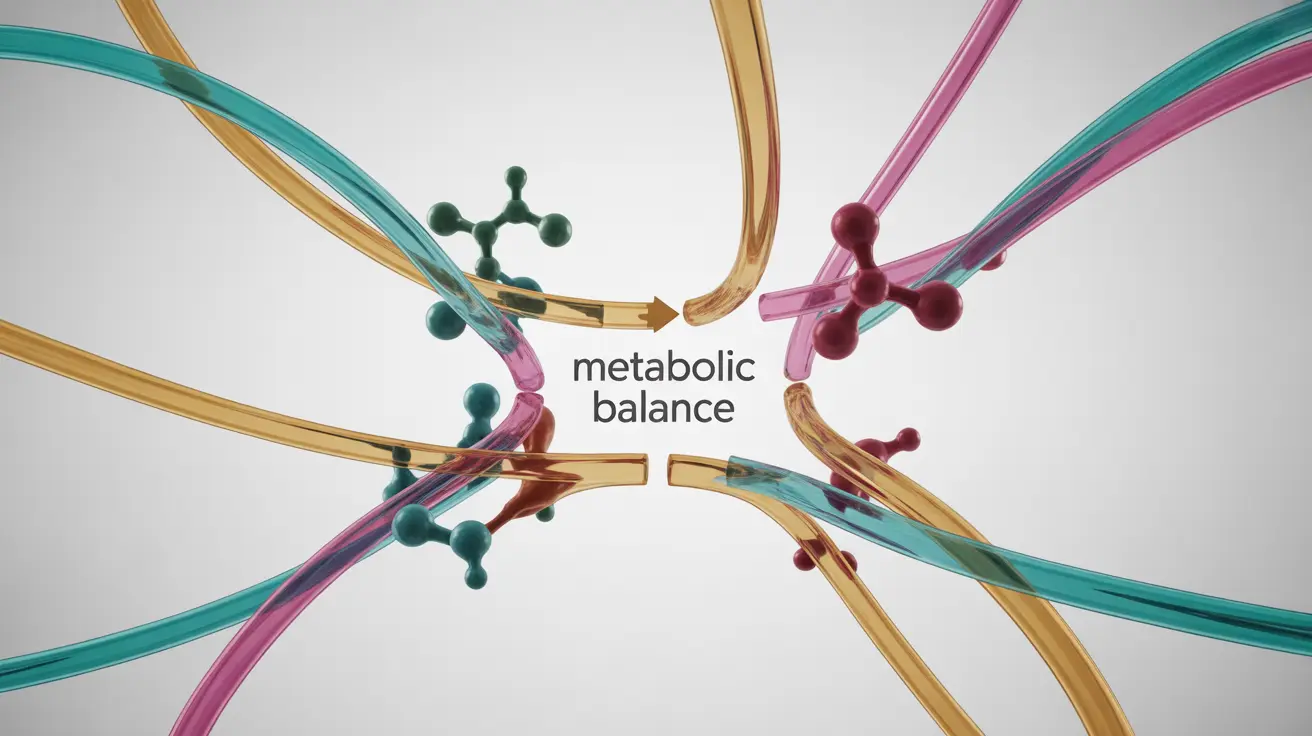If you've ever tried to lose weight through severe calorie restriction, you may have heard about "starvation mode" - a controversial concept that suggests your body might actually resist weight loss when you drastically reduce your food intake. But is starvation mode real, and what does science say about this phenomenon?
While the term "starvation mode" itself is somewhat misleading, the underlying biological process - known scientifically as adaptive thermogenesis or metabolic adaptation - is very real and supported by research. Understanding how your body responds to significant calorie reduction can help you approach weight loss more effectively and sustainably.
What Really Happens When You Severely Restrict Calories
When you dramatically reduce your calorie intake, your body initiates several biological adaptations to conserve energy and protect vital functions. This isn't exactly "starvation mode" as commonly described, but rather a complex series of metabolic changes:
- Decreased resting metabolic rate
- Reduced hormone production
- Lower body temperature
- Decreased physical activity
- Reduced immune system function
The Science of Metabolic Adaptation
Your metabolism is remarkably adaptable, designed to help you survive periods of food scarcity. When you significantly reduce calories, your body responds by:
- Becoming more efficient at using energy
- Reducing the calories burned during physical activity
- Decreasing the energy expended for basic bodily functions
- Altering hormones that regulate hunger and satiety
Understanding the Role of Hormones
Several key hormones play crucial roles in metabolic adaptation, including:
- Leptin: Decreases significantly, increasing hunger
- Thyroid hormones: Reduce in production, slowing metabolism
- Cortisol: Increases, potentially promoting fat storage
- Ghrelin: Rises, stimulating appetite
Signs Your Metabolism Has Slowed
Several indicators might suggest your body has entered a state of metabolic adaptation:
- Persistent fatigue and low energy
- Feeling constantly cold
- Difficulty concentrating
- Increased hunger
- Slow or stalled weight loss despite strict dieting
- Mood changes and irritability
How to Prevent and Reverse Metabolic Slowdown
Rather than pursuing extreme calorie restriction, consider these evidence-based strategies:
- Implement moderate calorie deficits (no more than 20-25% below maintenance)
- Include regular strength training to preserve muscle mass
- Take periodic diet breaks at maintenance calories
- Ensure adequate protein intake
- Get sufficient sleep and manage stress
- Stay hydrated and maintain proper nutrition
Frequently Asked Questions
Is starvation mode a real biological process or just a myth?
While "starvation mode" as commonly described is oversimplified, the underlying process of metabolic adaptation is very real and scientifically documented. Your body does make measurable adjustments to conserve energy when faced with severe calorie restriction.
How does starvation mode or adaptive thermogenesis affect weight loss?
Adaptive thermogenesis can slow weight loss by reducing your metabolic rate, decreasing the calories you burn during activity, and altering hormone levels that control hunger and metabolism. This makes continued weight loss more challenging but doesn't completely prevent it.
Can starvation mode cause a complete stop in weight loss or lead to weight gain despite dieting?
While metabolic adaptation can significantly slow weight loss, it cannot completely prevent weight loss or cause weight gain when you're in a calorie deficit. However, severe restriction might lead to binge eating or other compensatory behaviors that can result in weight gain.
What are the signs that my metabolism has slowed down due to prolonged calorie restriction?
Common signs include constant fatigue, feeling cold, difficulty concentrating, increased hunger, stalled weight loss despite strict dieting, and mood changes. These symptoms often indicate that your body has adapted to conserve energy.
How can I recover my metabolic rate after being in starvation mode or extreme calorie deficit?
Recovery involves gradually increasing calories while maintaining regular physical activity, particularly strength training. Focus on consuming adequate protein, implementing diet breaks, getting quality sleep, and managing stress levels. This process requires patience and consistency.




